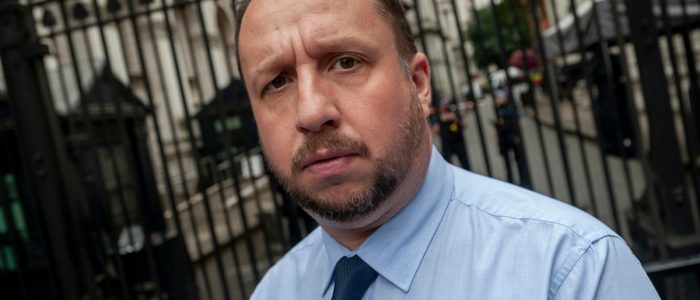Federation Chair: IOPC investigations must be dealt with as quickly as possible
“IT is vital for investigations to be dealt with as quickly as possible,” South Yorkshire Police Federation has said, as new figures reveal that IOPC investigations into police officers cost taxpayers millions of pounds each year.
The Police Federation of England and Wales (PFEW) has estimated that an IOPC investigation that lasts up to six months costs £15,101 per officer, which goes up to £302,012 when it drags on for five years or more – 20 times the amount.
The costs are even higher for suspended officers, where a six-to-12-month investigation costs approximately £67,968, and after five years it is an astonishing £453,115 per officer. This is due to forces having to replace officers while they are suspended.
Chairman of South Yorkshire Police Federation Steve Kent said: “What these figures show us is that it is vital for investigations to be dealt with as quickly as possible. The main reason for this is for the welfare of the officers involved and their families.
“We accept that sometimes cases may be complex, but five years? And we have seen some that take even longer than that. It would not be acceptable if police investigations were to take that long.
“The second issue here is the sheer cost of investigations. Are the public getting value for money from this?”
The findings have been shared with MPs on the Home Affairs Select Committee as part of its inquiry into the IOPC and the time taken to resolve complaints against police officers.
PFEW’s Time Limits campaign, which launched in 2019, pushes for investigations to be concluded within a year, highlighting the impact of long investigations on police officers, their families and colleagues, as well as public trust in policing.
Steve said: “It is positive that the IOPC now appears to be keen to work with the Federation nationally, however it needs to be held to account itself, especially in cases where there is an unjustified delay in proceedings, which comes at such a cost to officers’ mental health and to the taxpayer as well.”

